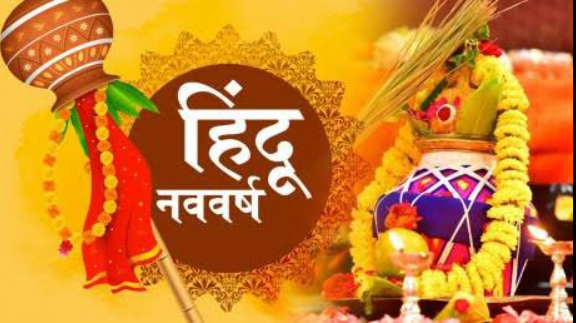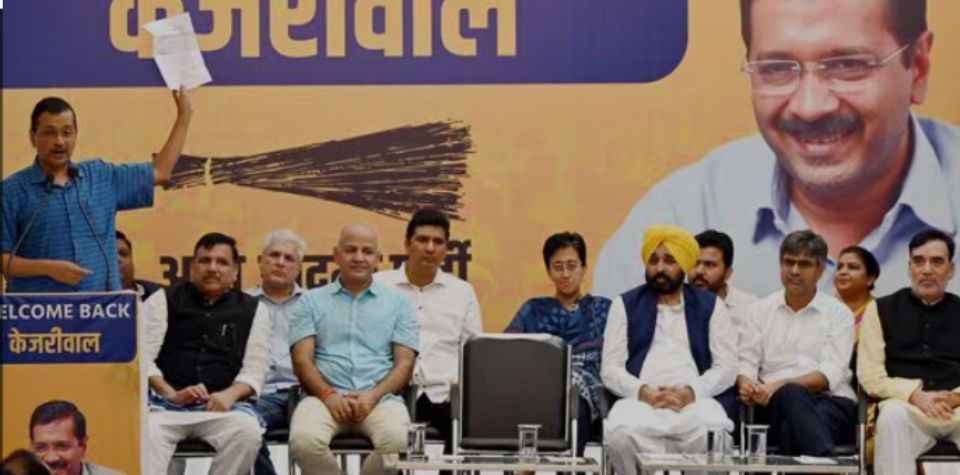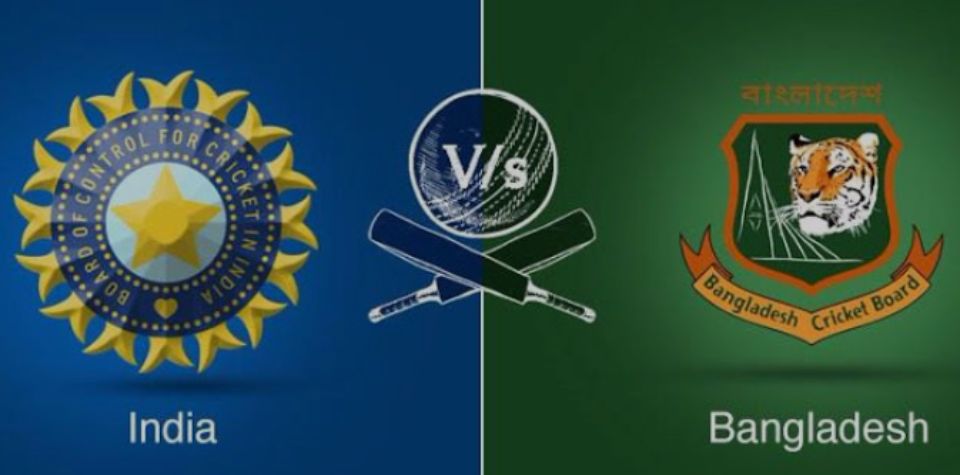As the clock strikes midnight on December 31, to last in the new year, the global atmosphere is filled with the joy of new beginnings. However, in India, while the majority eagerly embraces the arrival of January 1 with great enthusiasm, some aspects differentiate, as per Hindu new year, the country’s celebrations.
It’s not a lack of welcoming spirit; rather, it hints at unique cultural nuances and practices that add a distinctive flavor to the festivities. Let’s have a closer look at why Indians discard January 1 as the new year.
Why is January 1 special?
As per the British calendar, January 1 is the first day of a brand new year. Most people consider it as the new beginning of their lives and make resolutions for the year. Some people also celebrate it as the last day of the holiday season.
In a total nutshell, the new year is something that brings happiness to the lives of common people. It also motivates people to do something productive and evaluate what they have done in the last 365 days.
Why do Indians not celebrate the new year?
To say that Indians do not celebrate New Year would be completely unfair. Indians celebrate the new year; in fact, every Indian enjoys the new year. However, the majority of Indians do not celebrate the new year as per the British calendar.
Indians who belong to the Hindu community celebrate the year as per the Hindu calendar, and people following Islam celebrate it as per their calendar.
What is the difference between the Hindu, British, and Islamic calendars?
The Hindu, British, and Islamic calendars are different mainly because they start and end on different dates. Even though they all have 12 months, sometimes the number of days in a month can vary between them.
Hindu Calendar
The Sanatani or Hindu calendar, also called Panchang, holds the title of being the oldest calendar globally. It was created during the reign of King Vikramaditya, earning it the name Vikram Samvat in India. A Hindu calendar typically consists of 12 months in a year. Yet, at certain regular intervals, it may include 13 months in a year.
The Hindu calendar is based on the moon’s motion and consists of 354 days. Since the Hindu calendar lacks 11 days in comparison to the British calendar, it has an additional month every three years.
Hindu New Year and months name
The Hindu New Year starts from the 1st date of Chaitra month. As per the Hindu Panchang, Hindus will celebrate their new year on March 26, 2024.
- Chaitra (March-April)
- Vaishakh (April-May)
- Jyeshtha (May-June)
- Ashadh (June-July)
- Shravan (July-August)
- Bhadrapada (August-September)
- Asvina (September-October)
- Karthika (October-November)
- Margashirsha (November-December)
- Paush (December-January)
- Magh (January-February)
- Phalgun (February-March)
Islamic Calendar
The second majority of Indian people belong to the Islamic community, also known as Muslims. Muslims have their own calendar, known as the Hijri calendar. The Islamic calendar, like the Hindu calendar, is a lunar calendar based on the cycles of the moon. It also consists of 12 months, starting with the beginning of the new moon cycle.
Hijri New Year and month names
Islamic New Year starts from the first date of Muharram. Islam followers will celebrate their new year on July 7, 2024.
- Muḥarram – (October)
- Ṣafar – (November)
- Rabīʿ al-Awwal -(December)
- Rabīʿ al-Thānī – (January)
- Jumādā al-Awwal – (February)
- Jumādā al-Thānī – (March)
- Rajab – (April)
- Shaʿbān – (May)
- Ramaḍān (the month of fasting) – (May/June)
- Shawwāl – (June/July)
- Dhū al-Qaʿdah – (July/August)
- Dhū al-Ḥijjah – (August/September)
British Calendar
The Gregorian calendar, widely known as the British calendar, is a solar-based system introduced by Pope Gregory XIII in 1582. It consists of 12 months with varying days, addressing the Earth’s orbit around the Sun. Months like January, March, May, July, August, October, and December have 31 days, while April, June, September, and November have 30. February, the shortest month, has 28 or 29 days in a leap year. The calendar is globally accepted, with January 1st marking the start of the year and December 31 its end.
Leap years, occurring every four years, add an extra day to February. The Gregorian calendar serves as the international standard for civil use, facilitating global coordination and communication.
British New Year and Month names
British New Year falls every January 1.
- January
- February
- March
- April
- May
- June
- July
- August
- September
- October
- November
- December
So, the primary difference between Hindu, Hijri, and British calendars is that both Hindu and Hijri calendars are based on the moon. At the same time, the British calendar is based on the Sun. However, the start of the year or the new year can also differentiate all these calendars.
For more trending updates, please click.











